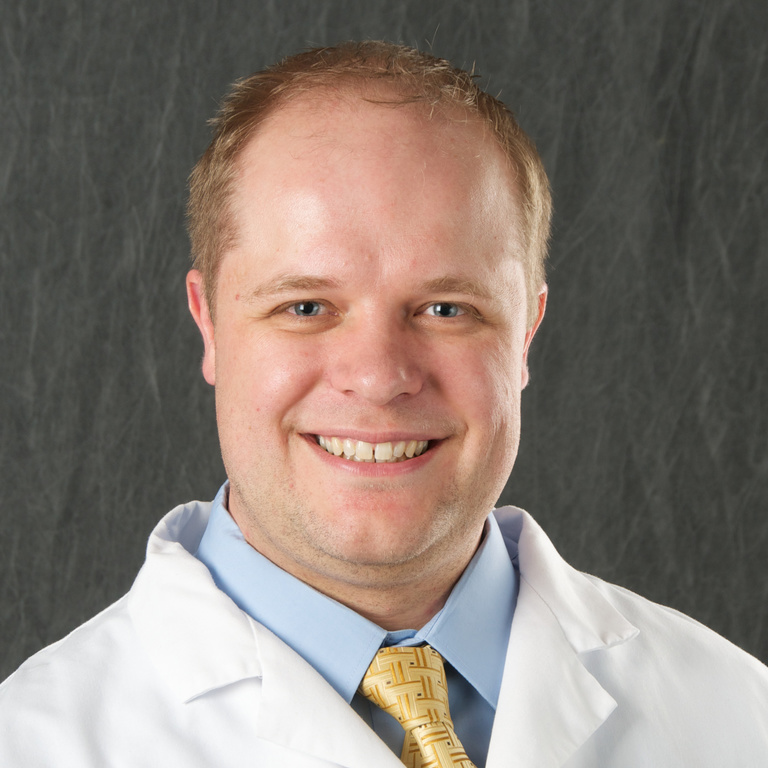Bryan Allen, Ph.D.
Campus address: B 180 ML
Primary department: Free Radical and Radiation Biology Program
Interdisciplinary program(s): Human Toxicology
Research description: Dr. Allen's lab focuses on understanding the basic science mechanisms by which pharmacological ascorbate can selectively act as a pro-oxidant in brain and lung cancer vs. normal cells, for the purpose of developing novel combined modality chemo-radio-therapies (see here).
One of the research projects involves elucidating the role of ROS more specifically mitochondrial superoxide in age-associated cancer therapy induced side effects on normal tissues. This research has led to participation in phase 1 and 2 clinical trials to use superoxide dismutase mimics to protect against mucositis in head and neck cancer patients receiving radio-chemotherapy. From these studies, his research group assessed the mechanisms on why elderly cancer patients are more sensitive to radiation and chemotherapy relative to young patients. They identified associations between aging and superoxide mediated defects in the electron transport chain generating increased normal tissue oxidative stress. These data were recently published and reflects the long-term goals of the laboratory.
Another avenue of research currently being pursued is coupling the use of pharmacological ascorbate and high dose radiation therapy with immunotherapy as a strategy to increase T-cell mediated tumor killing. Ascorbate can increase programmed cell death ligand 1 (PD-L1) expression similarly to radiation in certain tumor models, and are investigating whether treatment with a PD-1/PD-L1 blocking antibody coupled with ascorbate and radiation will induce an abscopal effect.
